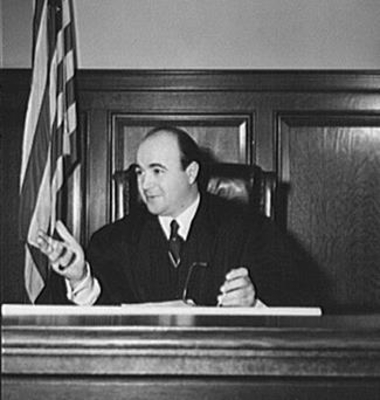Who needs an estate plan?

Everyone needs an estate plan, especially the LGBT community and single people. If you don’t plan ahead, your state and the courts will make your decisions for you. The state will decide who makes your healthcare decisions and handles your finances if you are incapacitated. The state will decide who gets your property at your death.
It doesn’t matter that you don’t have much of an estate. It’s about making decisions ahead of time that will smooth the way for your loved ones. The last thing they need to worry about is how to pay your bills if you’re incapacitated or after your death. If you haven’t done anything and you are the only person on your checking account, no one can pay your utility bills. If you haven’t made arrangements, your survivors are going to have to scramble around to pay for your disposition and funeral.
At the very least, everyone needs an Advanced Healthcare Directive, a Power of Appointment and a will. This is a very simplistic overview. There are other ways to take care of your affairs should you become incapacitated or after your death. The bottom line is do something. I suggest meeting with an attorney to discuss your estate plan.
If you have a lawfully recognized spouse (and remember, no state in The Gayly’s distribution area recognizes same-sex marriage), doctors will usually defer to the spouse’s wishes. If not, things can get tricky for a partner or the single person’s family. If you have an Advanced Healthcare Directive, sometimes called a living will, you decide what life-saving measures are to be used if you are incapacitated.
It should also name the person who can make other healthcare decisions for you, known as your health care proxy. Name alternate proxies in case your designee is unavailable. You can change the Directive or do away with it at any time. But a Directive means that your healthcare providers and loved ones don’t have to struggle with tough end-of-life decisions. It eliminates fights over who makes decisions.
A Power of Attorney gives directions about your financial affairs. It appoints an agent to handle your assets and property. It can go into effect immediately or only if you can’t handle your own business. The Power of Attorney sets out what powers you are giving to your agent. It can allow your agent only to pay your bills. Or you can give your agent the power to do anything you could do if you were able.
It’s usually a good idea to grant your agent broad powers. Things will come up that check-writing won’t take care of - making investment decisions, selling property to keep things afloat, renewing insurance policies, making insurance claims, etc. As with the Healthcare Directive, the Power of Attorney is always revocable. You can change it or tear it up at any time. The Power of Attorney is only good before your death. You need a will to direct your affairs after you pass away.
There are legal formalities, so have an attorney draft the will. Otherwise your estate will go to the people the law designates and that won’t be your partner, your significant other, your favorite charity, or perhaps a friend or family member with special needs. As with the Directive and the Power of Attorney, you can change your will or destroy it at any time.
by Sally Gilbert, Legal Columnist
The Gayly – May 26, 2014 @ 12:45pm





